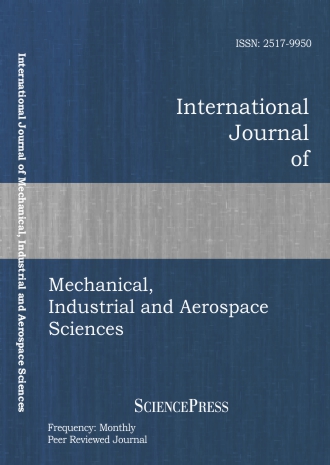
Scholarly
Volume:7, Issue: 7, 2013 Page No: 1421 - 1425
International Journal of Mechanical, Industrial and Aerospace Sciences
ISSN: 2517-9950
A Local Decisional Algorithm Using Agent- Based Management in Constrained Energy Environment
Energy Efficiency Management is the heart of a
worldwide problem. The capability of a multi-agent system as a
technology to manage the micro-grid operation has already been
proved. This paper deals with the implementation of a decisional
pattern applied to a multi-agent system which provides intelligence to
a distributed local energy network considered at local consumer level.
Development of multi-agent application involves agent
specifications, analysis, design, and realization. Furthermore, it can
be implemented by following several decisional patterns. The
purpose of present article is to suggest a new approach for a
decisional pattern involving a multi-agent system to control a
distributed local energy network in a decentralized competitive
system. The proposed solution is the result of a dichotomous
approach based on environment observation. It uses an iterative
process to solve automatic learning problems and converges
monotonically very fast to system attracting operation point.